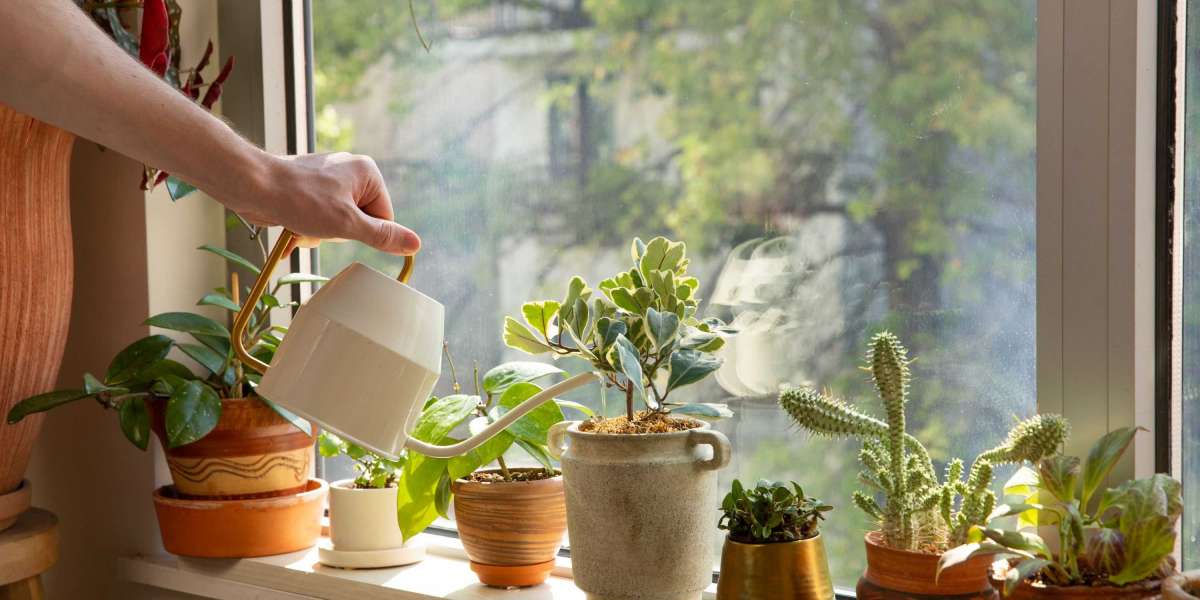Gardening offers a unique way for athletes to enhance their health and well-being. Growing your own plants not only provides fresh, nutritious produce but also promotes physical activity, reduces stress, and fosters a sense of accomplishment. Here are some of the best plants to grow that support athletic performance and overall health.
1. Spinach
Spinach is rich in iron, which is crucial for energy production and oxygen transport in the blood. It's also packed with vitamins A and C, folate, and antioxidants. Incorporating spinach into your diet can help reduce inflammation and improve recovery. Spinach is easy to grow and can be harvested multiple times throughout the growing season.
2. Kale
Kale is a nutritional powerhouse, providing high levels of vitamins K, A, and C, along with fiber and antioxidants. These nutrients support immune function, bone health, and overall energy levels. Kale thrives in cooler weather, making it a great addition to any garden.
3. Beets
Beets are excellent for improving blood flow and reducing exercise-induced muscle fatigue. They are high in nitrates, which can enhance endurance and performance. Beets are also a good source of vitamins and minerals, including folate and manganese. Both the roots and the greens are edible, offering versatile options for your meals.
4. Blueberries
Blueberries are renowned for their antioxidant properties, which help combat oxidative stress and inflammation. They are also rich in vitamins C and K, and their natural sugars provide a quick energy boost. Blueberry bushes are relatively easy to grow and can be a great addition to a garden for ongoing health benefits.
5. Tomatoes
Tomatoes are a rich source of lycopene, an antioxidant that helps reduce muscle damage and inflammation. They also provide vitamins A and C, which support immune health and recovery. Growing tomatoes can be very rewarding, and they can be used in a variety of dishes.
6. Carrots
Carrots are packed with beta-carotene, which the body converts into vitamin A. This vitamin supports vision, immune function, and cell growth. Carrots also provide a good amount of fiber, which aids in digestion. They are easy to grow and can be enjoyed fresh or cooked.
7. Herbs (Basil, Mint, and Parsley)
Herbs like basil, mint, and parsley add flavor and nutrients to your meals. Basil is known for its anti-inflammatory properties, mint aids in digestion, and parsley provides vitamins A, C, and K. These herbs are easy to grow in pots or garden beds and can enhance the taste and health benefits of your dishes.
8. Peppers
Peppers, especially bell peppers, are high in vitamin C and antioxidants. Vitamin C is essential for collagen production, which supports joint health and repair. Peppers are versatile and can be used in a variety of recipes, making them a valuable addition to your garden.
9. Garlic
Garlic has been shown to have anti-inflammatory and immune-boosting properties. It can help reduce the risk of illness and improve overall health. Garlic is relatively easy to grow and can be harvested after a few months, providing a fresh supply of this beneficial herb.
10. Avocados
Avocados are rich in healthy fats, potassium, and vitamins E and K. These nutrients support cardiovascular health, muscle function, and recovery. While avocados require a warmer climate, growing them can be a rewarding endeavor for those in suitable regions.
Gardening Tips for Athletes
- Choose Nutrient-Rich Soil: Ensure your soil is rich in organic matter to support healthy plant growth and nutrient density.
- Plan for Seasonal Varieties: Grow plants that thrive in your local climate and season to maximize yields and benefits.
- Incorporate Composting: Use compost to enrich the soil and provide your plants with essential nutrients.
- Practice Regular Harvesting: Regularly harvesting your crops ensures peak freshness and encourages continuous growth.
Gardening not only provides access to fresh, nutrient-dense produce but also offers physical activity and relaxation, benefiting both your body and mind. By incorporating these plants into your garden, you can enhance your athletic performance and overall health in a natural and rewarding way.




